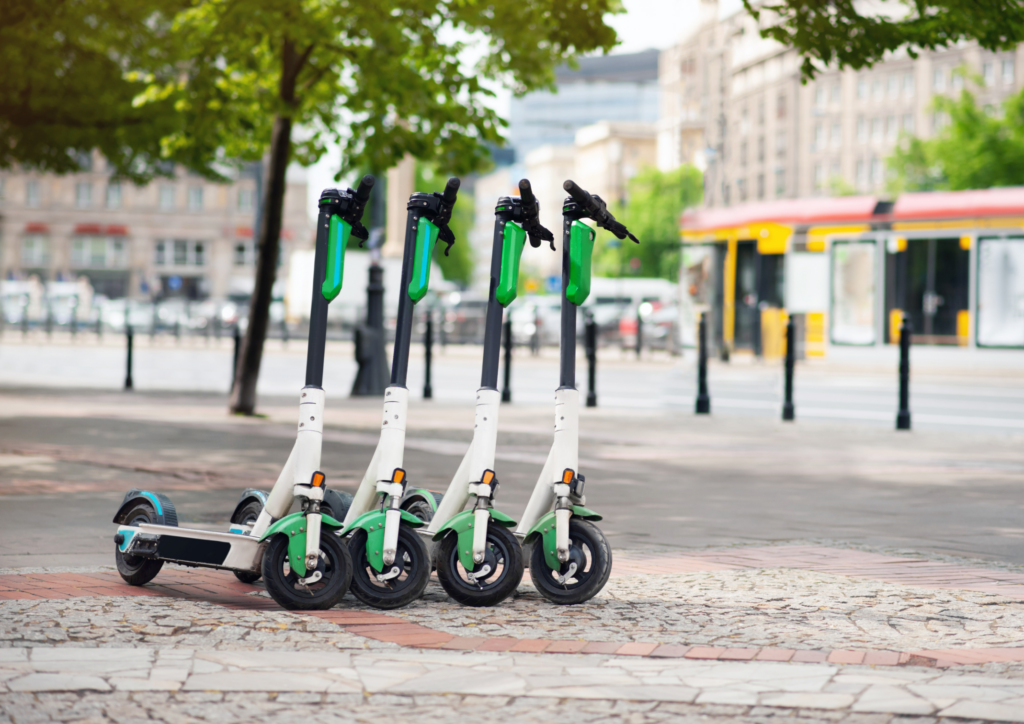
E-scooters have emerged as a popular option for convenient and eco-friendly urban mobility. As the demand for e-scooters continues to rise, the decision whether to rent or buy one becomes more crucial. Understanding the financial implications of both options is essential to make an informed choice. In this comprehensive guide, we’ll delve into the costs associated with renting and buying an e-scooter, enabling you to navigate through this dilemma and make a confident decision.
The Rise of E-scooters
E-scooters have swiftly integrated themselves into the fabric of urban transportation. They offer a sustainable, efficient, and fun mode of getting around city streets. Whether it’s for a daily commute or exploring the neighborhood, these compact electric vehicles have become a preferred choice for many. With the convenience they provide, it’s no surprise that potential users find themselves weighing the proposition of renting versus owning their very own e-scooter.
The Cost of Renting an E-scooter
When it comes to renting an e-scooter, the costs are typically structured based on usage duration, ranging from a few minutes to extended periods. Rental companies often charge a base fee for unlocking the e-scooter, followed by a per-minute or per-hour rate. Many users are enticed by the flexibility and lack of long-term commitment associated with rentals, and while this offers convenience, the cumulative costs can quickly add up, especially for frequent users. Understanding the average usage and the costs involved can help in measuring the long-term financial impact.
The Economics of Owning
Owning an e-scooter presents a different economic scenario. The upfront cost of purchasing an e-scooter might seem intimidating, but when examined over time, can prove to be a financially prudent decision, especially for regular users. Once you have the e-scooter, there are no ongoing rental fees. While ownership requires maintenance and potential repair costs, these are generally offset by the avoidance of rental charges. Moreover, owning an e-scooter opens up the prospect of resale value—a dimension often overlooked when comparing costs.
Analyzing the Numbers
To conduct a comprehensive cost comparison, one must consider the total expenses involved over a realistic period, factoring in regular usage patterns, potential repairs, and the resale value for owned e-scooters. Additionally, rental costs can fluctuate based on demand, weather, and other factors. By embarking on a thorough cost analysis before making a decision, you can ensure alignment with your long-term financial goals, without compromising on the convenience and enjoyment e-scooters bring to your lifestyle.
Conclusion: Riding Towards a Conclusion
The decision to rent or buy an e-scooter is multifaceted and requires a deep consideration of the associated costs. While renting might offer initial flexibility, it often incurs higher cumulative expenses, especially for regular users. On the other hand, owning an e-scooter demands a higher upfront investment but can prove to be cost-effective in the long run. Understanding your usage patterns, financial goals, and the broader economic dynamics can guide you towards a decision that not only provides mobility but also aligns cost-effectively with your lifestyle.

I finally understand why e-scooters are so expensive. Buying one might be costly, but renting is a sure way to drain my savings.
Dear Jasmine, we’re glad we could help clarify the costs associated with renting and buying e-scooters for you. While purchasing an e-scooter may require a significant upfront investment, it’s worth considering the potential long-term cost savings and potential resale value. If you have any further questions or concerns, please feel free to reach out to us at [email protected] or +60 3-7890 3042. Thanks for your understanding!
But what if the e-scooter gets damaged? The rental prices don’t seem to cover insurance. Do we need to factor that in when deciding between rent or buy?
That’s a valid point, Zakirah Dass. We often assume that rental prices include insurance, but it’s essential to consider the possibility of accidents or damage. Rental companies might not cover all the costs, and it’s up to the rider to bear the expenses. When deciding between rent or buy, it’s crucial to factor in insurance costs, repair expenses, and potential losses. At Eko Life Malaysia, we strongly recommend considering insurance options when purchasing an e-scooter to mitigate against such risks. If you’d like to discuss this further or have any questions, feel free to contact us at [email protected] or call us at +60 3-7890 3042.
I wish they compared e-scooter costs in SG, Kuala Lumpur, and Kuala Terengganu for a more accurate analysis. The currencies, cost of living, and road conditions must be different.
Dear Mikayla, thank you for your comment! You bring up a valid point about the differences in cost of living and road conditions across various cities. We appreciate your suggestion to expand the analysis to Singapore, Kuala Lumpur, and Kuala Terengganu. Unfortunately, this blog post focused specifically on the Malaysian market. However, we will take your feedback into consideration for potential future blog posts. If you have any further suggestions or would like to discuss e-scooter costs in your area, please don’t hesitate to contact us at [email protected] or +60 3-7890 3042.